Cosmo D has carved out his own niche in indie games, with the surrealist shared world Off-Peak — a place of dreamy architecture, vibrant colors, and food with a purpose (more on that later). With Moves of the Diamond Hand, his fifth game in this setting, Cosmo D is making this universe bigger and denser than ever before, one chapter at a time.
As the first chapter of his new RPG goes up for free on Steam ahead of its forthcoming early access release, I spoke with Cosmo D about the collision of art and commerce, the communal benefits of early access, and the influence his love for New York City has had on his beautifully strange games.
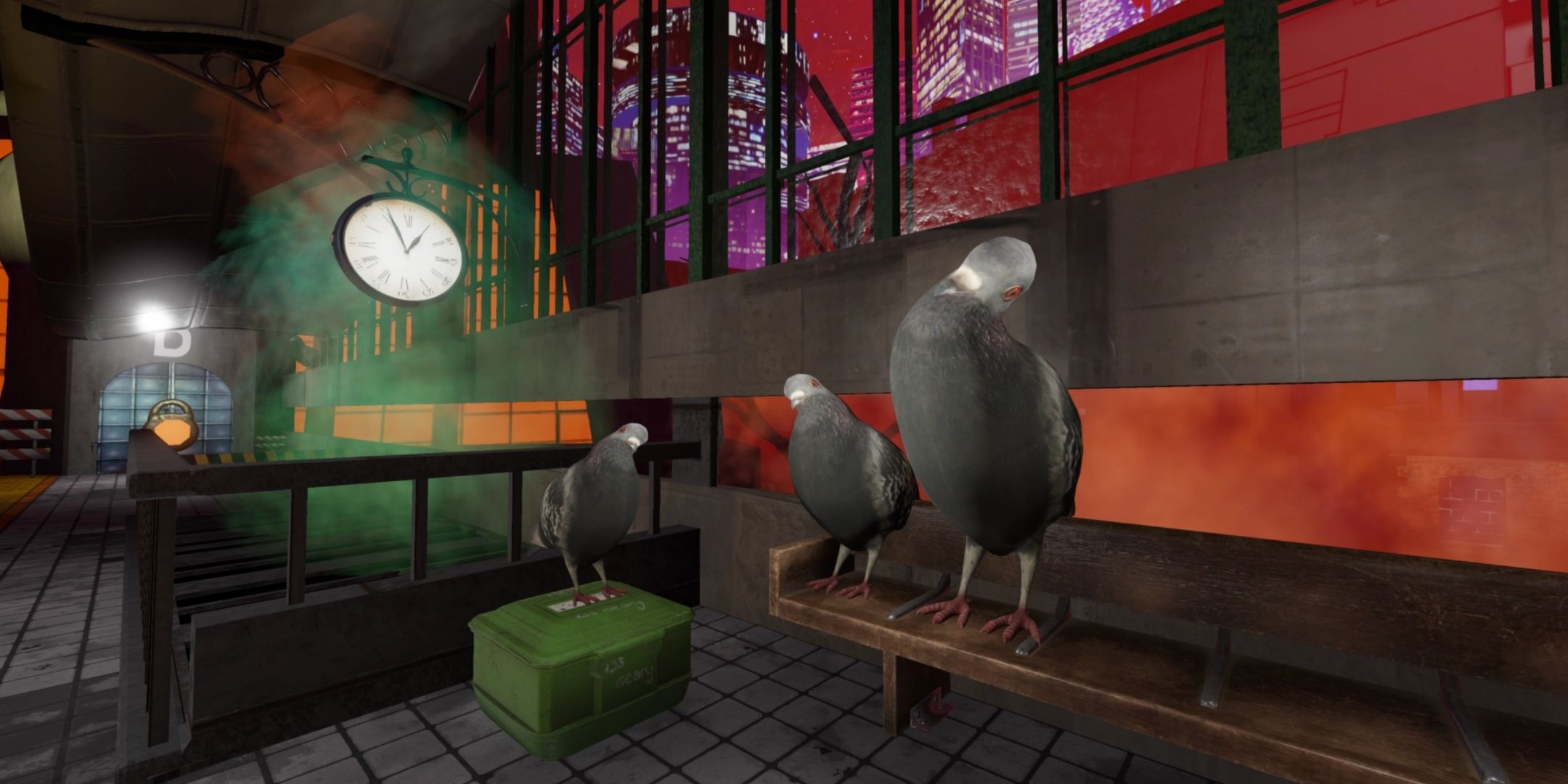
Related
This Gonzo Indie RPG Has The Same Moody Spirit As Vampire: The Masquerade – Bloodlines
Cosmo D’s early access indie takes first-person RPGs in a bold direction.
Building On Betrayal At Club Low
Moves of the Diamond Hand begins in a train car as you arrive in Off-Peak City to attempt to join the mysterious Circus X. You’re given seven different routes to that goal, depending on which of the game’s seven skills you want to focus on. I tried three of the options, and each came with a quest to seek out a different place in the city, each with a different point of contact. Those routes don’t come into play in this first chapter, which is confined to the train station, but they do paint a picture of an impressively choice-driven RPG.
“I like choice. I like granular choice. I like small numbers,” Cosmo D says. “I think that’s based on my love of board games. I like when the numbers are low and small and the margins are tight. I like when the victories are close. I like failure. I think it’s okay to go struggle and then figure out some stuff and then come back with some knowledge.”
He attributes that to his background as a musician, where practice is an accepted part of the process. For a while, Cosmo D seemed to be practicing to make a certain kind of game, too, establishing himself with a series of first-person adventure games. He emerged with Saturn V — which was more of an experiment, or virtual installation, than a proper game — before making four increasingly complex adventures in the Off-Peak universe. His last game, Betrayal at Club Low, took his work in a new direction, adding crunchy RPG elements and an isometric perspective, a shift he attributes to Disco Elysium giving “permission to really push in that direction”.
Fans may be wondering when Tales from Off-Peak City Vol. 1 will get the sequel its title seems to promise. Cosmo D doesn’t know, but he also doesn’t rule out returning to the first-person adventures he started with.
The Benefits Of First-Person
Moves of the Diamond Hand keeps that momentum going, but reincorporates the first-person perspective that defined Cosmo D’s earlier work. Counterintuitively, he says that making games in first-person is actually easier, which surprised me. I’ve always heard that the development cycles of CRPGs like Pillars of Eternity and Divinity: Original Sin 2 tend to be less resource-intensive than other RPGs because they don’t need to show everything in painstaking detail. An otherwise expensive scene can be rendered as a wall of text, which opens the potential for more roleplaying and narrative opportunities without a huge added cost.
But, if you’re making games with no voice acting that look as charmingly lo-fi as Cosmo D’s, traditional concerns about production value don’t matter quite as much. The rough edges are part of the appeal.
“First-person, from a design perspective, takes a lot out of the design equation. It actually keeps the production a lot more manageable. What I learned with Club Low is that [when you have] an avatar, you’re putting a ton of questions on the table,” he says. “How do you style them? How do they move? How do they react? What if players want to customize them? Who are they to the player? I was like, ‘I think I need to take that production equation out and just go back to first-person so I can focus on the rest of the world.'”
New York’s Influence On Off-Peak City
That world is highly influenced by Cosmo D’s years in New York City. He came to the city for college and never left. The city’s pizza scene contributed to his games’ fixation on the importance of a good pie — he notes that he’s seen multiple generations of the pizza scene rise and fall — and his games are generally invested in how groups of people, pursuing artistic goals, interact with each other.
“I moved through a lot of different professional scenes. The music scene, the jazz performance and traveling scene, the studio musician scene, different composers… There’s just so many overlapping artistic worlds, many of which are super local. They’re hyper-local and kind of underground,” he says. “I’m from Connecticut, so I’d take the train to visit my family, and go through Grand Central Station. Just that feeling of passing through and reflecting on the journey. It seeped into my work.”
The ways creative people interact with each other aren’t always good, and Cosmo D’s games (particularly The Norwood Suite which is set in a hotel that once belonged to an influential, but perhaps abusive musician) examine the darker side — though he doesn’t want that darkness to be the “final word” either. Even when no one is actively abusing their power, these games are interested in exploring the messy collision of art and commerce. Cosmo D wrote music for TV commercials for three-and-a-half years, and it shows in his games’ portrayal of artistic work.
“I learned a ton about how the guiding hand of corporate commerce can impact creative decision-making, and how creative decision-making — down to what drum set we used — could impact the direction of an ad campaign,” he says. “Having to constantly deliver music daily, sometimes twice daily, for every genre, that totally seeped into my kind of perspective around how art and commerce can really have this weird symbiosis.”
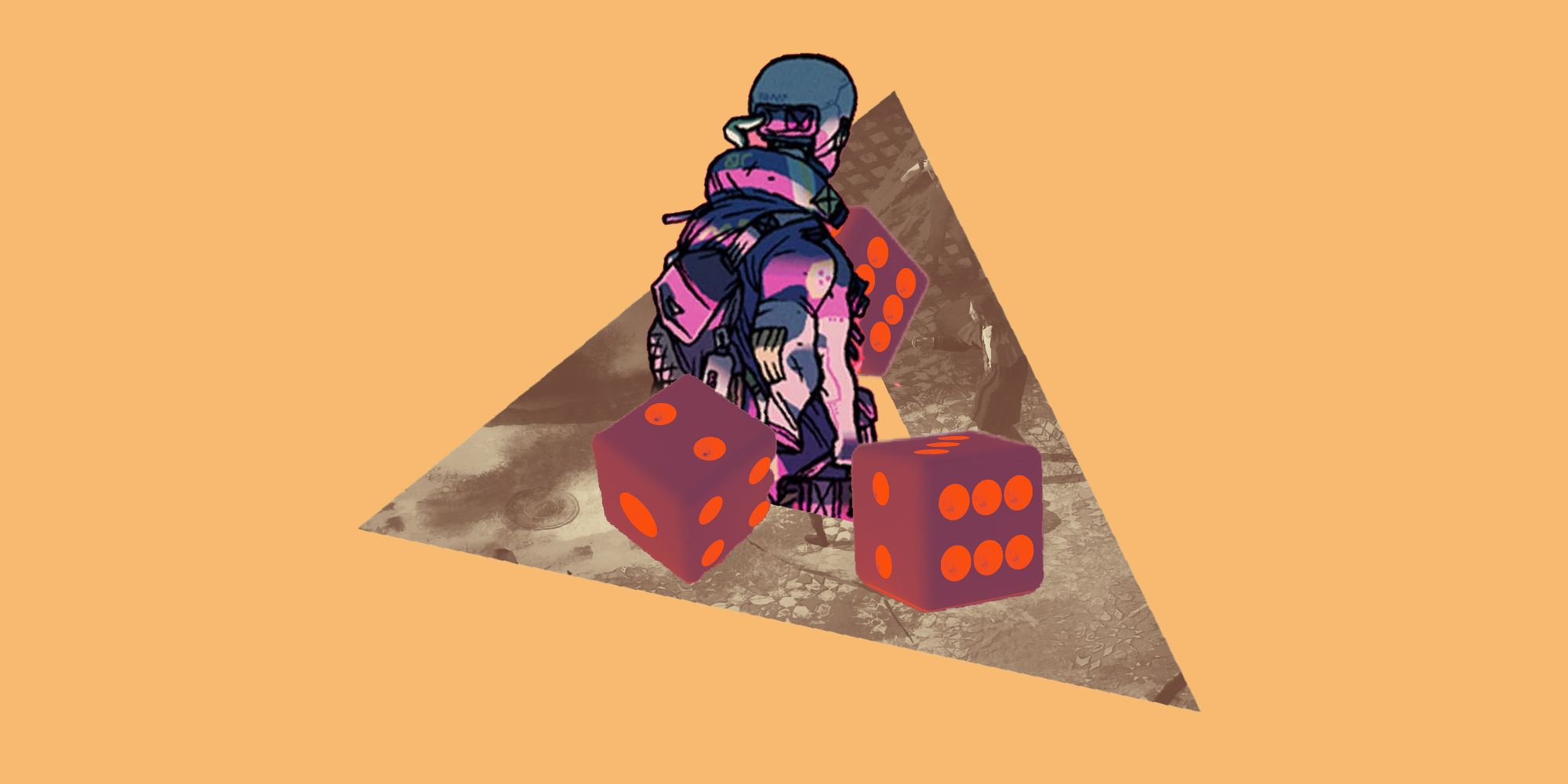
Related
Citizen Sleeper and Disco Elysium Show That Rolling Dice Is The Perfect Mechanic For Late Capitalism
In a world where success depends on chance, the roll of the dice is the perfect metaphor.
The Communal Joy Of Early Access
That’s clear in Cosmo D’s approach to Moves of the Diamond Hand’s launch, for which he’s trying early access for the first time. That was motivated, in part, by his desire to make something significantly bigger than his previous work. But he also just wanted to spend less time alone.
“I don’t like working in isolation. My favorite part of the Club Low development was when I was beta testing it, when I was having other people chime in. I was play testing it throughout, but once I got players to weigh in, I think the game kicked into a gear that I really, really appreciated,” he says.
“Then once the game was released, and I started over to make this new game. I slipped back into a more solitary mode. I don’t really think it suits me. I would rather it be more of an exchange and more of a transparent passing of ideas and porousness when it comes to the making of the work because it benefits from other people weighing in.”
And, if early access is anything, it’s an opportunity to hear what people have to say. But after spending a few hours with Moves of the Diamond Hand, I’m convinced that most of that feedback will be positive. It’s shaping up to be a big, beautiful game, and one that makes you grateful for each step he took to get here.
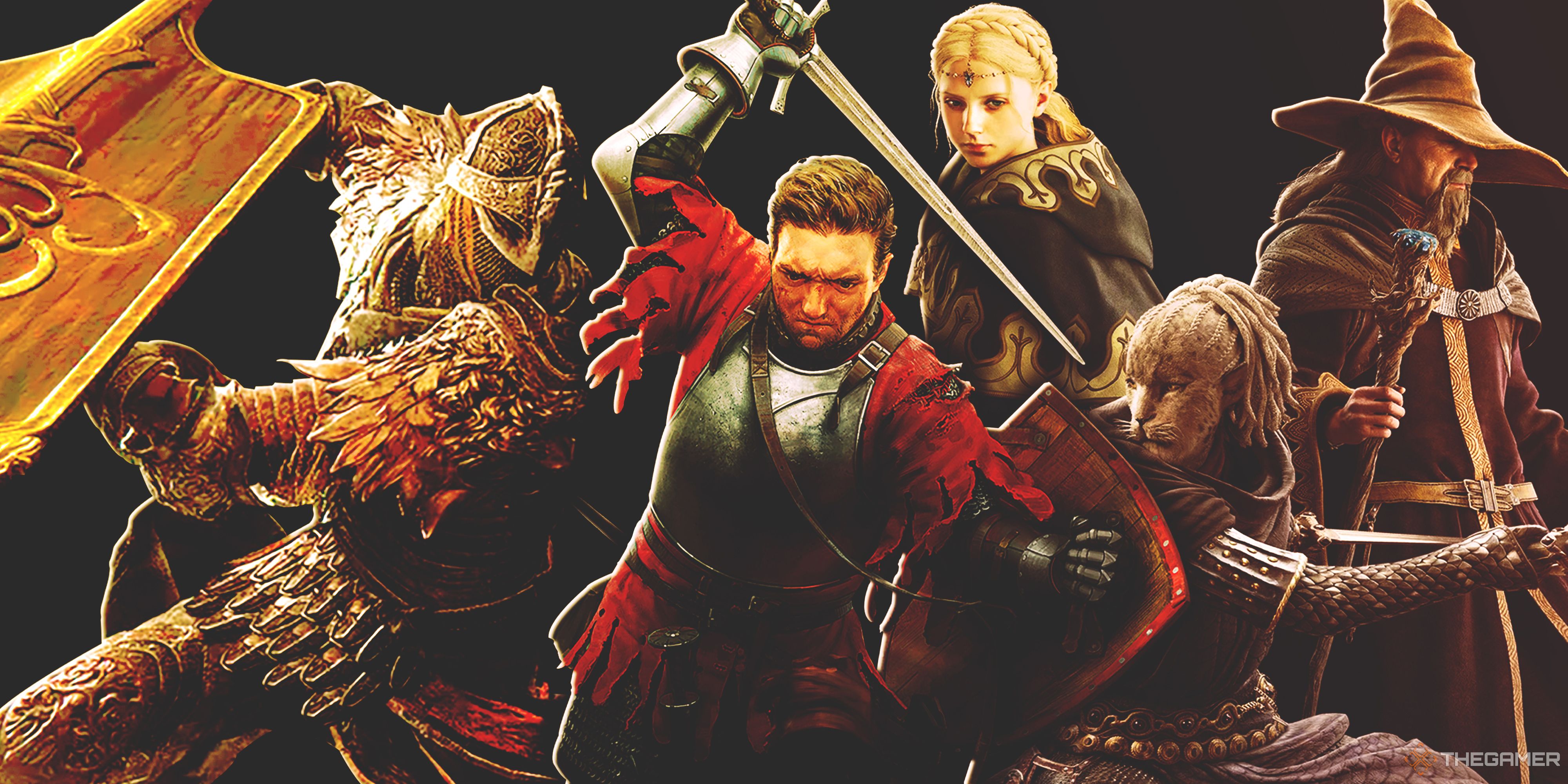
Next
Kingdom Come: Deliverance 2 Proves That Niche Is Now Mainstream
The biggest RPGs of the 2020s haven’t been “sure things.”
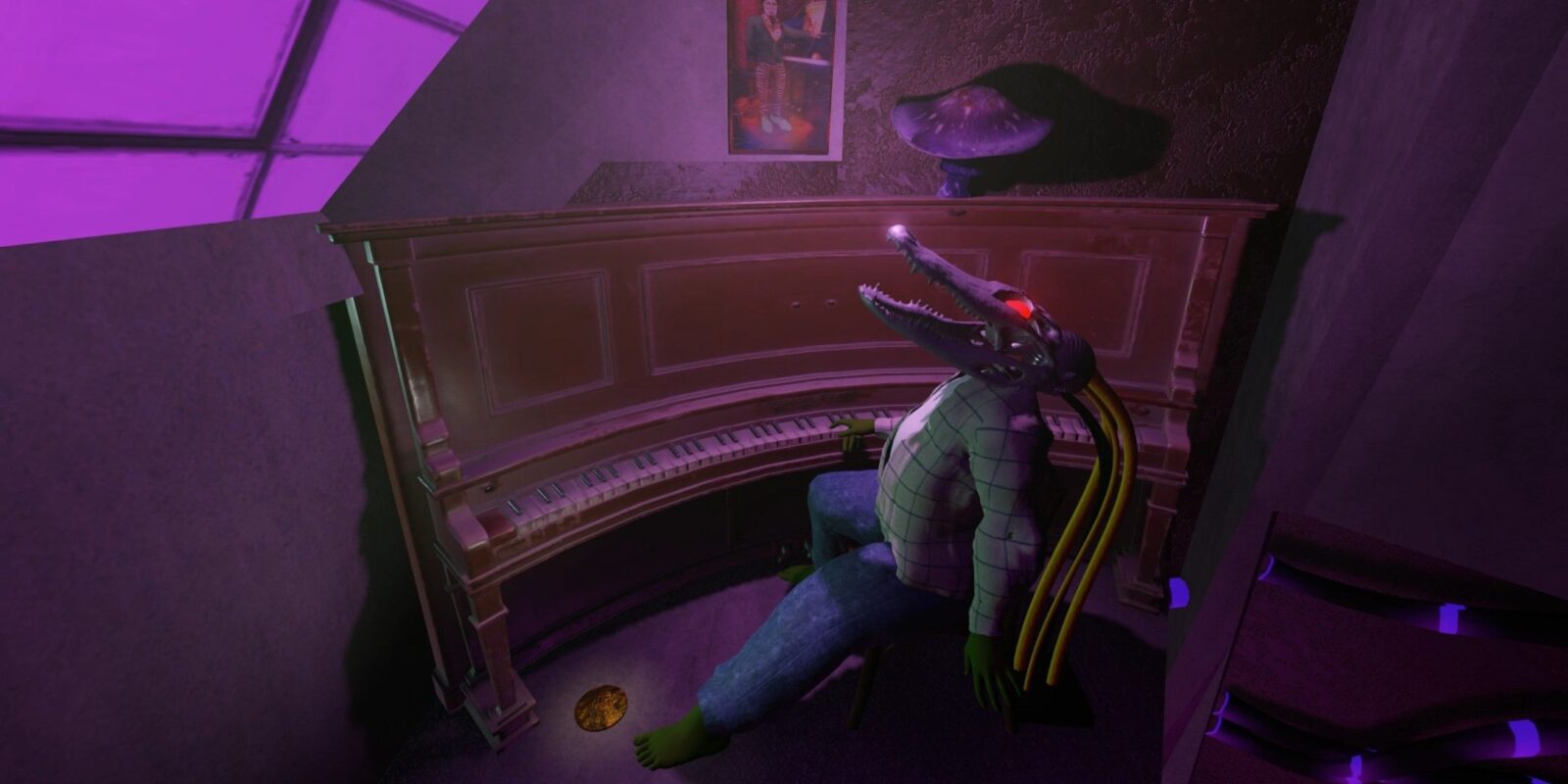

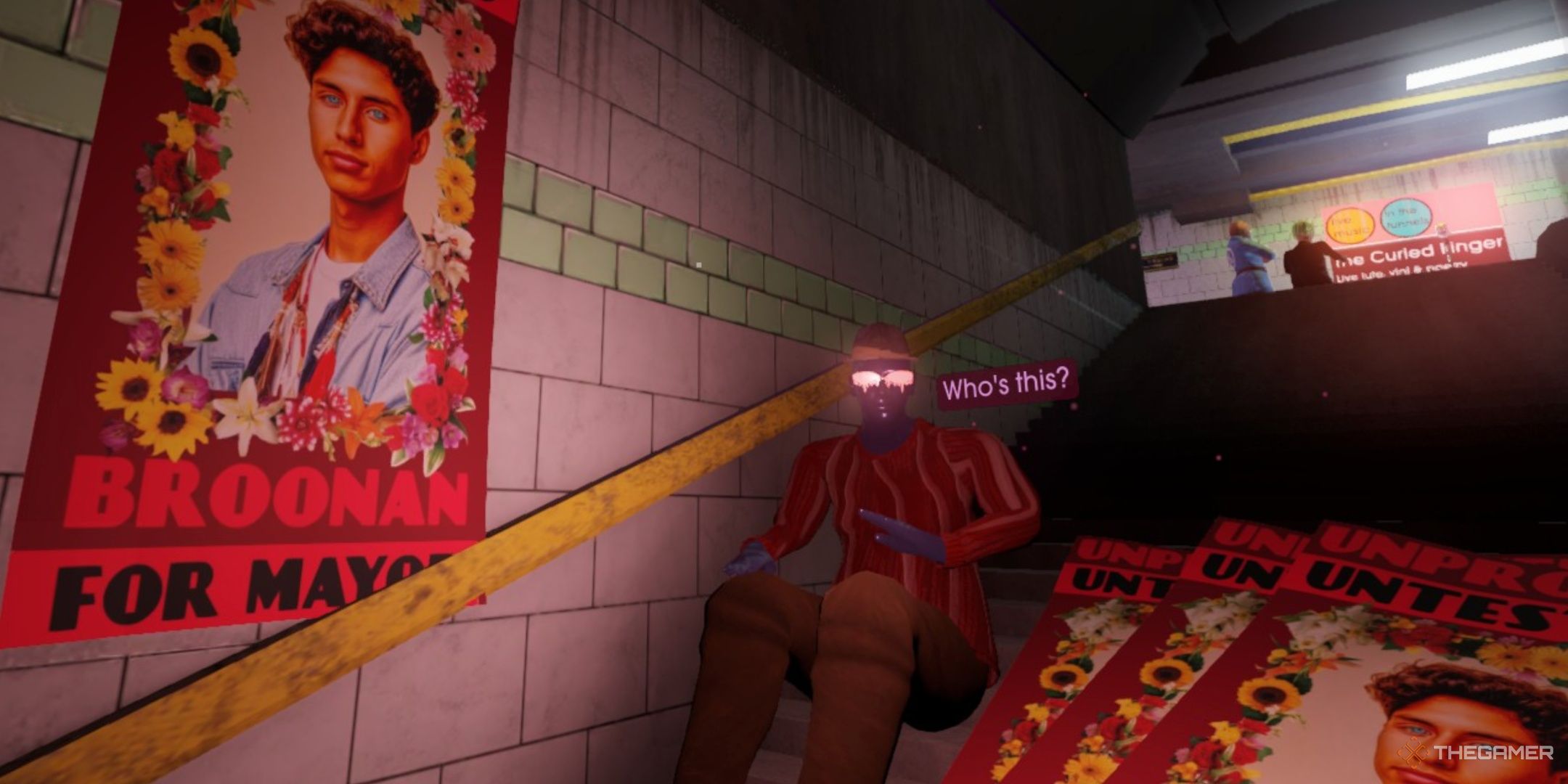
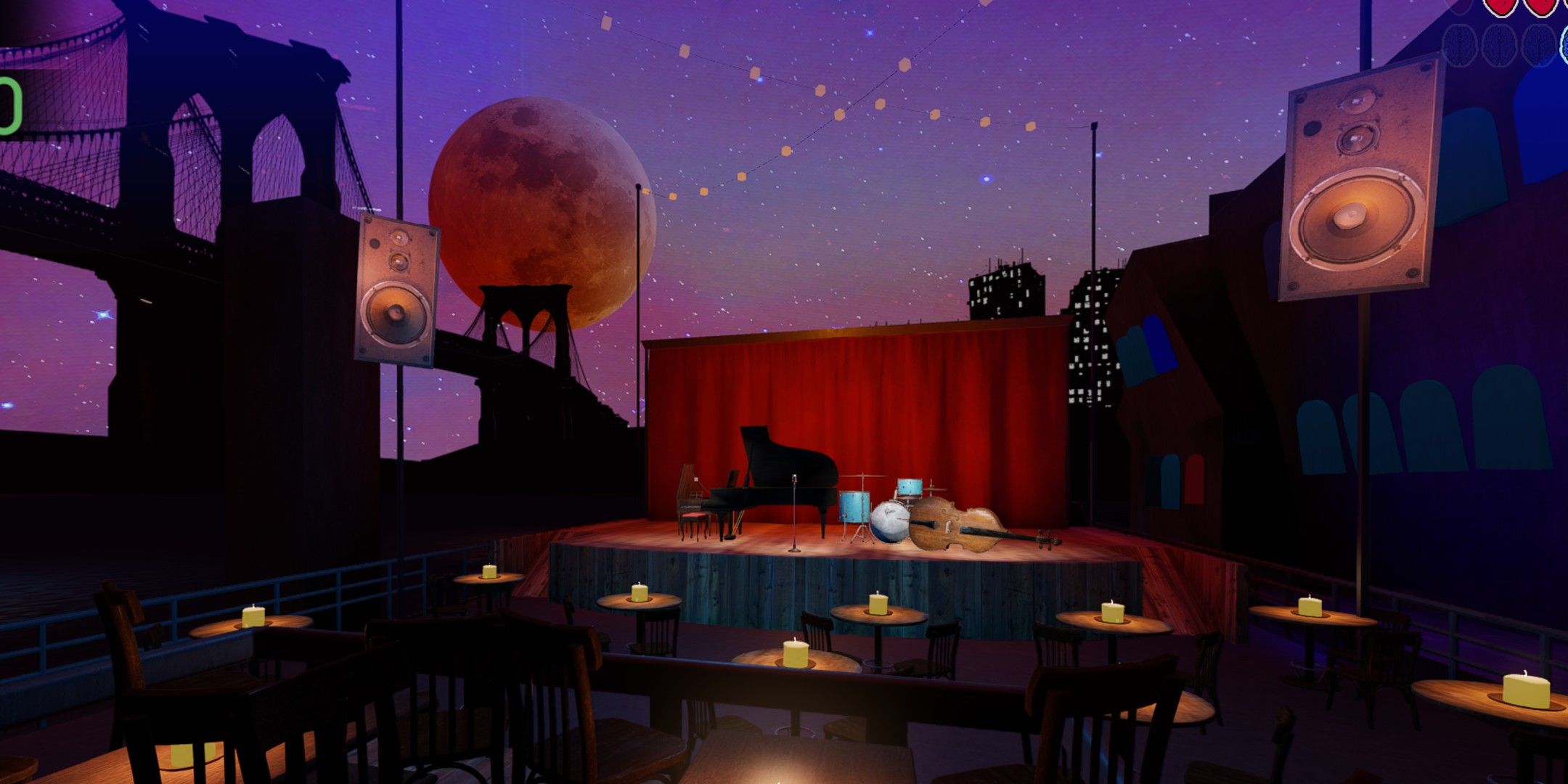
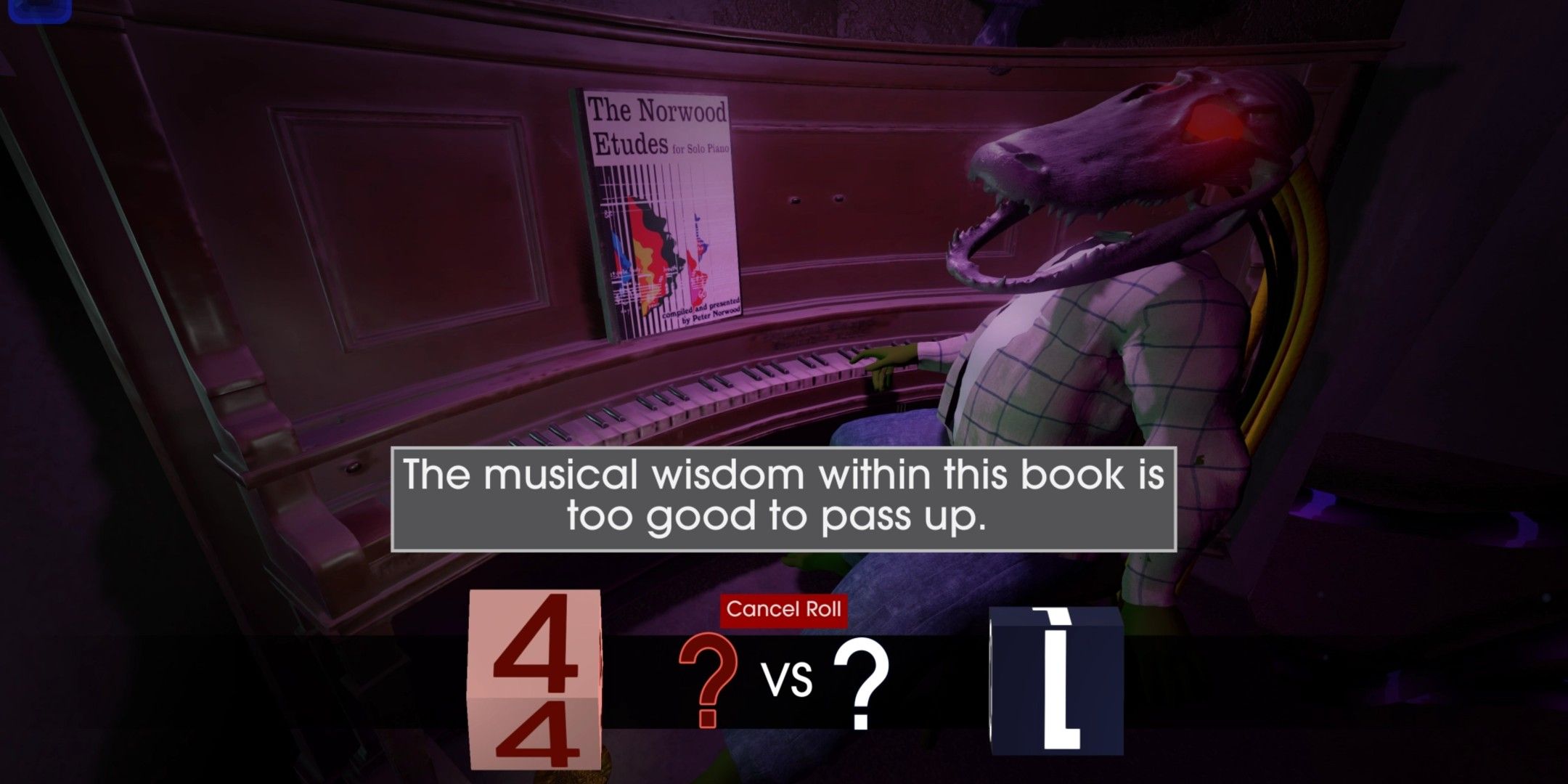

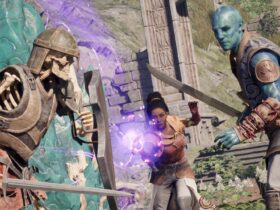
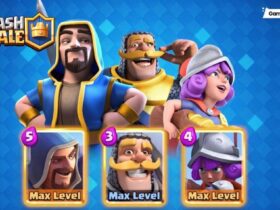



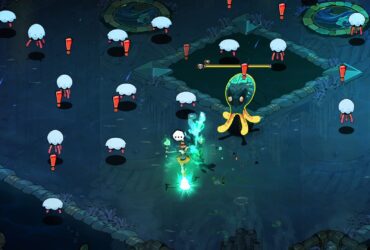
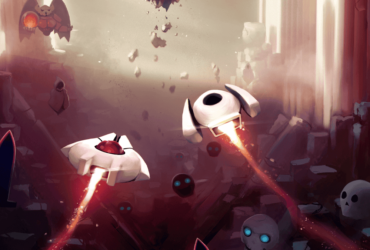

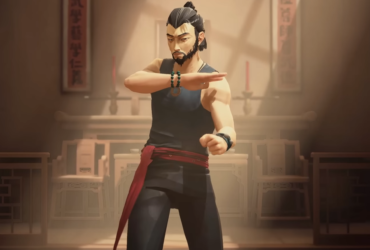
Leave a Reply